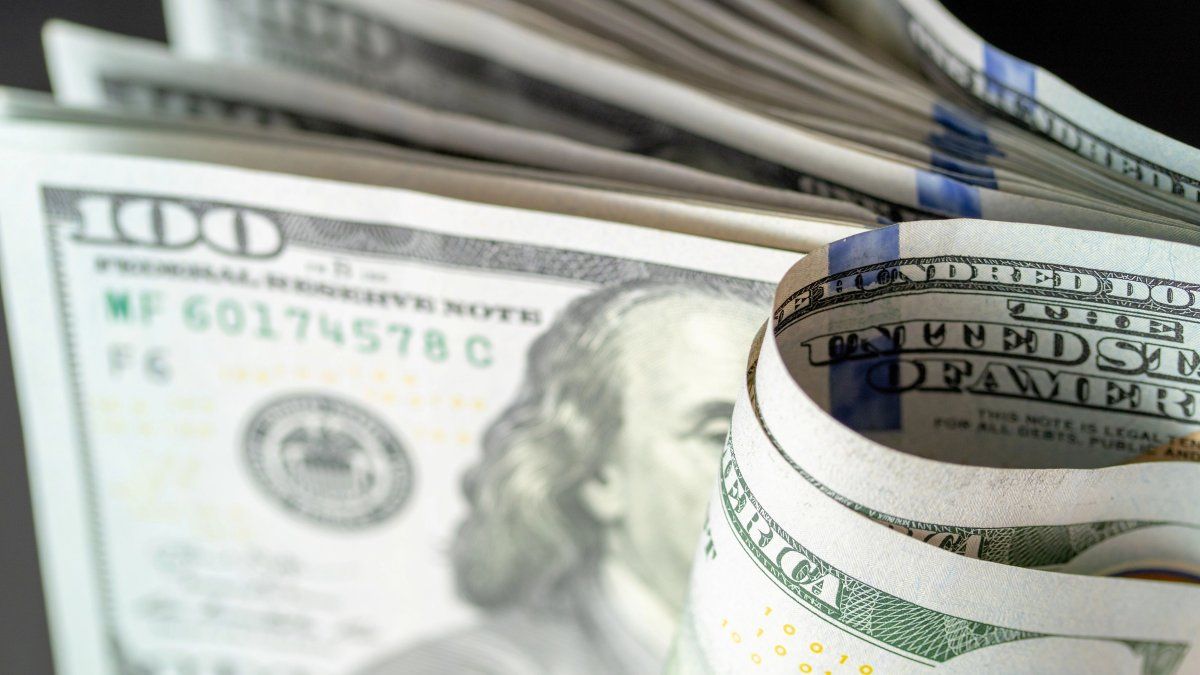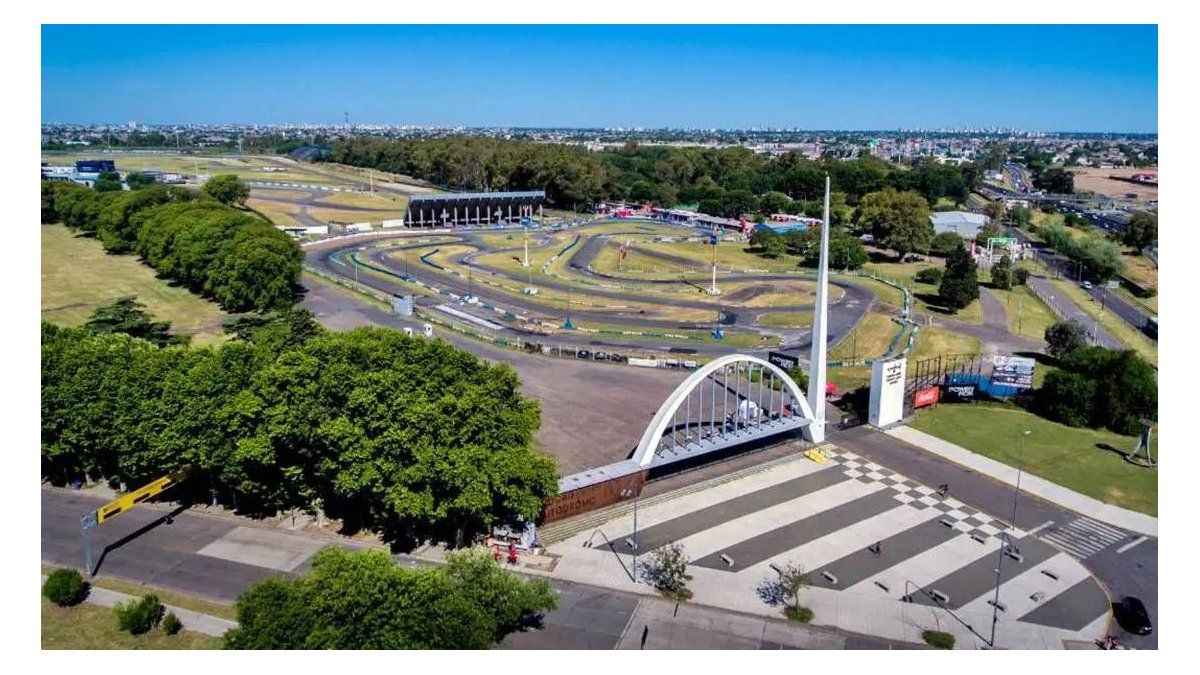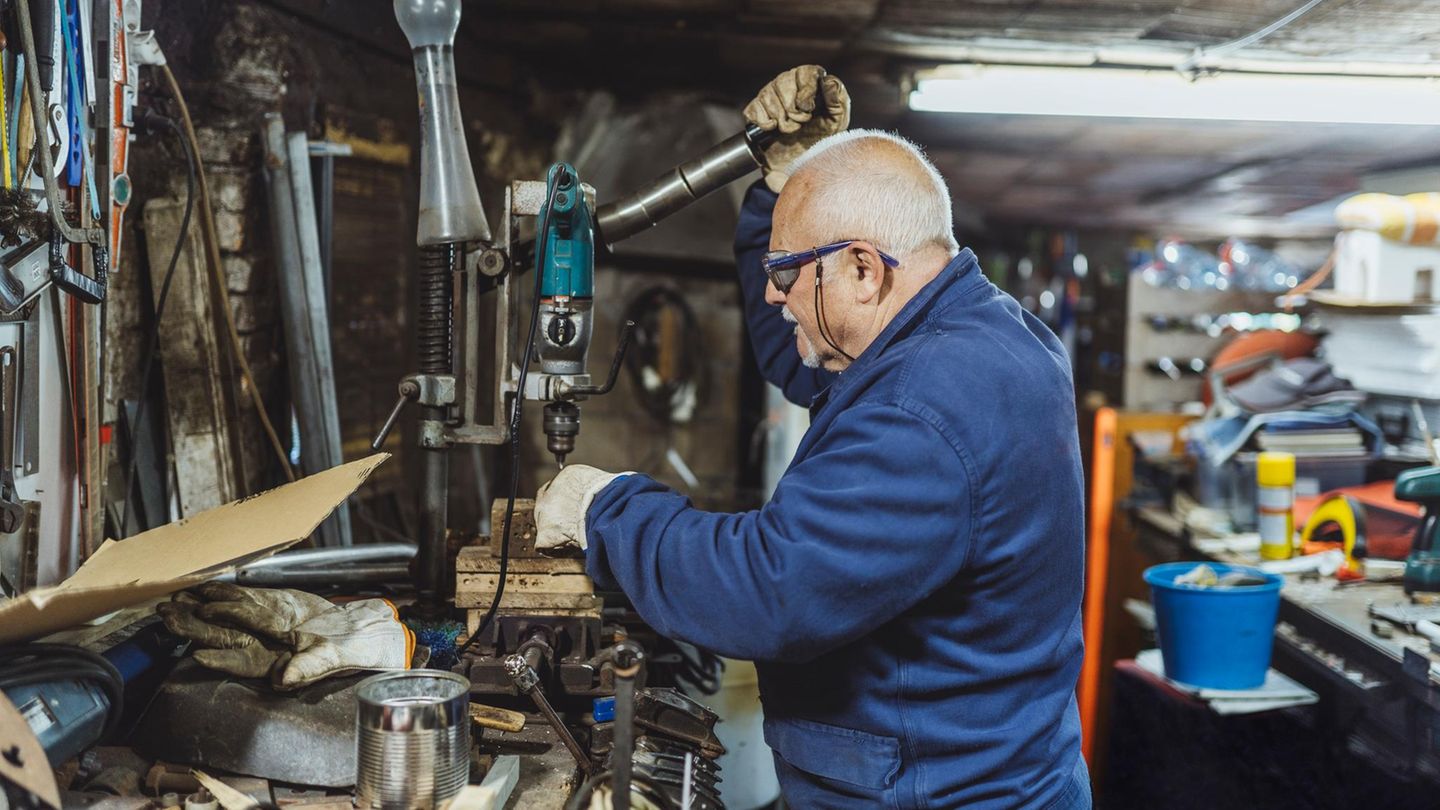Beer producers and oilmen supported the initiative of the Ministry of Energy to lift the ban on the sale of low-alcohol drinks at gas stations in Russia.
“We support the proposal of the Ministry of Energy for the following reasons,” Oraz Durdyev, director of corporate relations and legal issues at AB InBev Efes, told Izvestia on Tuesday, December 21.
According to him, firstly, “convenience stores and other minimarkets, where alcohol is sold freely, are no different from stores at gas stations, and they are often located in the immediate vicinity of gas stations. He noted that this makes the ban on the sale of alcohol at gas stations “meaningless”, and also “discriminates both the product itself and the gas station in relation to other retail outlets.”
The same opinion is shared by the vice-president of Lukoil for strategic development Leonid Fedun. He said in an interview with the Russia 24 TV channel that he supports the initiative to lift the ban on the sale of low-alcohol drinks at gas stations. According to him, the return of sales of low-alcohol drinks at gas stations will have a positive effect on the marginality of gas stations and will smooth out the jumps in the price of gasoline.
Durdyev said about the importance of taking into account the fact that sometimes stores at gas stations can be “the only civilized retail outlets where the population can buy quality products.” The lack of such an opportunity may force the consumer “to switch to surrogate and strong alcohol,” he complained.
He stressed that the sale of low-alcohol drinks at gas stations is a common practice in European countries. Thus, trade in alcoholic beverages at gas stations is allowed in whole or in part in Denmark, Latvia, Germany, Italy, France, where revenues from the sale of related products – food, takeaway, drinks and beer – can reach 70-85% of total income at a gas station, while in Russia this share is only about 20%.
“Its growth also affects the price of gasoline, so the return of beer to stores at filling stations can indirectly affect the containment of fuel prices, as well as become a measure to support the business and help stabilize its profitability,” said a spokesman for AB InBev Efes.
“In addition, I would like to note that there is no causal relationship between drinking alcohol and the ability to buy it at a gas station. So, for example, the number of accidents committed by motorists in a state of alcoholic intoxication, after the introduction of the ban in 2011, did not decrease, but even increased slightly. If in 2011 there were 12,252 accidents while intoxicated, then in 2016 – 15,136, ”the source concluded.
The Ministry of Energy proposes to bring up for discussion the idea of lifting the ban on the sale of low-alcohol drinks at gas stations, follows from the draft report of the department to the government, which Izvestia got acquainted with.
In particular, in the document the Ministry of Energy proposes to the Ministry of Industry and Trade to return “to the consideration of the legislative initiative to lift the ban on the sale of low-alcohol products through stores at gas stations in the daytime.” It states that sales of alcohol can improve the marginality of gas stations.
The Ministry of Industry and Trade did not provide an official comment on this issue. An Izvestia source in the department said that the ministry will return to this topic if there is a corresponding order.
The Ministry of Energy said that in general they are conducting “systematic work to support the economy of fueling.”
The lifting of the ban on the sale of alcohol at gas stations, along with other measures, will help maintain the marginality of gas stations in the face of the risk of a sharp rise in the price of gasoline by 2 rubles at once at the beginning of 2022, the draft report says. According to industry representatives, the implementation of the idea can bring gas stations an additional 30–40 kopecks from each liter of fuel. However, the level of alcoholism among Russians is declining, and given the development of trade, there are few incentives to buy beer along the way, experts said.
Source: IZ
Jane Stock is a technology author, who has written for 24 Hours World. She writes about the latest in technology news and trends, and is always on the lookout for new and innovative ways to improve his audience’s experience.




